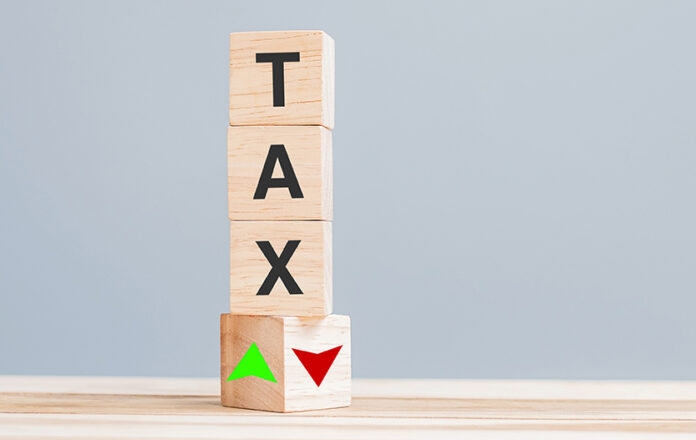The International Monetary Fund (IMF) has agreed to revise Pakistan’s macroeconomic and fiscal framework for the ongoing financial year, lowering the Federal Board of Revenue’s (FBR) tax collection target by Rs620 billion from Rs12.97 trillion to Rs12.35 trillion, while keeping the tax-to-GDP ratio target unchanged at 10.6%, The News reported.
The revision comes in response to a revenue shortfall of Rs600 billion recorded in the first eight months of the fiscal year. To compensate, the tax collection targets for the remaining four months will be proportionally adjusted downward.
In parallel, the IMF has made it mandatory for the Finance Ministry to cut expenditures accordingly to ensure a primary surplus of Rs2.4 trillion by the end of the fiscal year. The ministry has provided a written commitment that spending will be adjusted in line with the reduced revenue target.
A key factor in the downward revision of revenue expectations is the reduction in Pakistan’s nominal GDP growth rate. The size of the economy has been revised from Rs123 trillion to Rs116.5 trillion, reflecting a decrease in real GDP growth from 3.6% to a range of 2% to 2.25%. The inflation forecast has also been adjusted downward, with the annual consumer price index (CPI)-based inflation now expected to average 7%, compared to the earlier projection of 12.5%.
Negotiations between Pakistan and the IMF for the completion of the first review under the $7 billion Extended Fund Facility (EFF) are set to conclude. Discussions are expected to continue virtually, or a small IMF mission may visit in early May 2025 to finalise numbers for the 2025-26 budget.
Despite the revenue shortfall, the FBR successfully argued against introducing a mini-budget or increasing taxes. Previously agreed contingency measures, such as raising withholding taxes or the Federal Excise Duty (FED), have been set aside for now. The FBR reportedly conducted a thorough internal review before entering talks with the IMF, enabling it to present strong justifications against immediate tax hikes.
On the expenditure side, the Finance Ministry has assured the IMF that spending cuts will be made proportionally. However, it has stated that the development budget will remain untouched. So far, only Rs650 billion to Rs700 billion has been utilized from the revised Public Sector Development Programme (PSDP) allocation of Rs1.15 trillion, reflecting slow implementation.
























